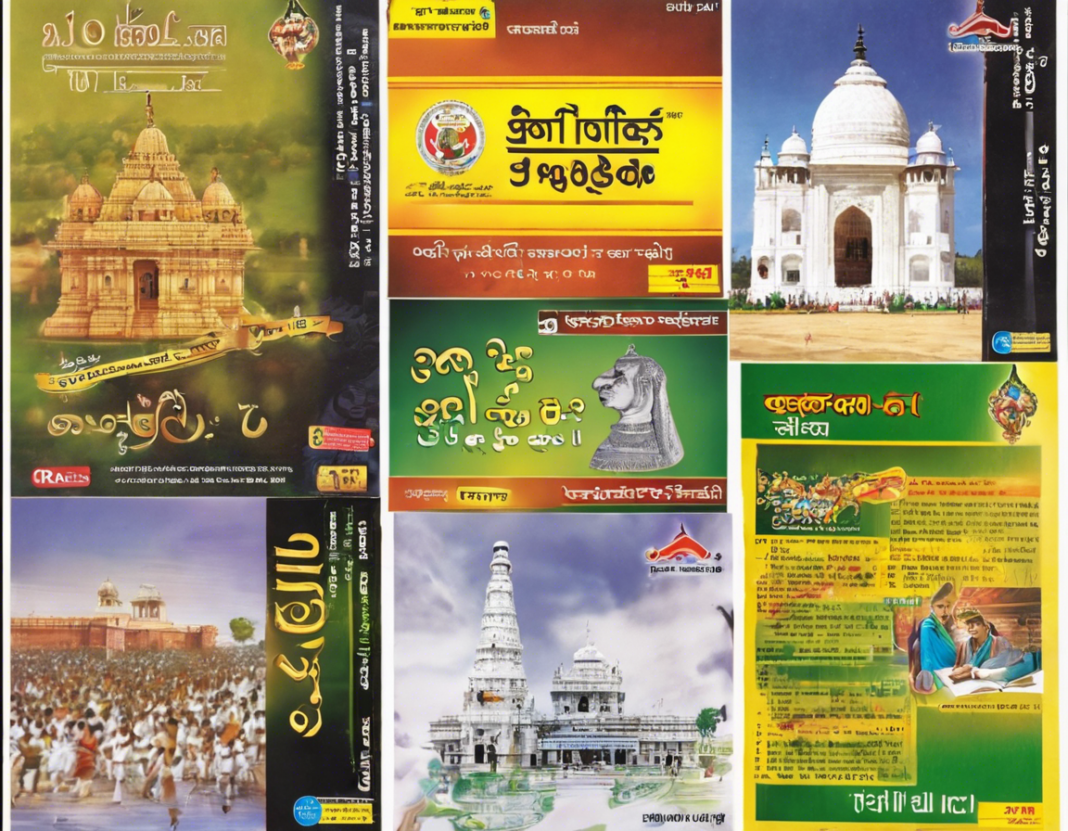Telugu, one of the classical languages of India, is a Dravidian language primarily spoken in the Indian states of Andhra Pradesh and Telangana. With over 75 million native speakers, it is crucial to have a strong foundation in Telugu for those hailing from these regions. In the 10th standard, students often encounter the Telugu textbook, which plays a significant role in their language learning journey. In this comprehensive guide, we will explore how to master the Telugu 10th class textbook, providing valuable insights, tips, and strategies to enhance your understanding and proficiency in the language.
Understanding the Telugu 10th Class Textbook
The Telugu 10th class textbook is designed to build upon the language skills acquired in previous classes and further deepen the students’ understanding of Telugu grammar, vocabulary, and literature. The textbook typically covers a wide range of topics, including prose, poetry, grammar, and composition, aimed at improving the students’ reading, writing, and comprehension abilities. Let’s delve into the key components of the Telugu 10th class textbook:
Prose
The prose section of the textbook often includes short stories, essays, and biographies written by renowned Telugu writers. By reading and analyzing these texts, students can enhance their vocabulary, comprehension skills, and understanding of various literary styles.
Poetry
The poetry section introduces students to classical and contemporary Telugu poems, allowing them to appreciate the beauty of the language and explore different themes and poetic devices. Analyzing and memorizing these poems can improve students’ language fluency and literary awareness.
Grammar
A solid grasp of Telugu grammar is essential for effective communication and writing. The textbook covers various grammatical concepts such as verbs, adjectives, tenses, and sentence structures, providing exercises and examples to reinforce learning.
Composition
The composition section focuses on honing students’ writing skills by encouraging them to write essays, letters, and narratives on different topics. Through regular practice, students can improve their writing style, creativity, and expression in Telugu.
Strategies to Master the Telugu 10th Class Textbook
Mastering the Telugu 10th class textbook requires dedication, practice, and effective study strategies. Here are some tips to help you navigate through the textbook and excel in your Telugu language studies:
1. Consistent Practice: Allocate dedicated time each day to read, write, and practice Telugu. Consistency is key to improving your language skills and mastering the textbook content.
2. Vocabulary Building: Make a habit of learning new Telugu words and phrases regularly. Create flashcards, use vocabulary apps, and incorporate new words into your conversations to expand your vocabulary.
3. Reading Comprehension: Focus on understanding the meaning and context of the prose and poetry in the textbook. Take notes, summarize the texts, and discuss them with your peers to enhance your comprehension skills.
4. Grammar Drills: Practice grammar exercises from the textbook to reinforce your understanding of Telugu grammar rules. Identify your weak areas and seek additional help or resources to improve them.
5. Writing Practice: Write regularly in Telugu to improve your composition skills. Experiment with different writing styles, genres, and topics to enhance your creativity and language proficiency.
6. Seek Guidance: If you encounter challenging topics or concepts in the textbook, don’t hesitate to seek help from your teachers, classmates, or online resources. Clarifying doubts early can prevent misunderstandings and confusion later on.
Frequently Asked Questions (FAQs)
1. What are the key benefits of mastering the Telugu 10th class textbook?
- Mastering the textbook can improve your Telugu language skills, enhance your cultural understanding, and prepare you for higher academic pursuits or language proficiency exams.
2. How can I improve my Telugu pronunciation while studying the textbook?
- Practice speaking Telugu regularly, listen to native speakers, and use pronunciation guides or audio resources to refine your accent and intonation.
3. Is it necessary to memorize poems and essays from the textbook?
- Memorization can help you internalize Telugu vocabulary, grammar structures, and literary devices, but focus on understanding the meaning and context of the texts for a holistic learning experience.
4. What resources can I use to supplement my study of the Telugu 10th class textbook?
- Online language learning platforms, Telugu literature websites, language exchange forums, and Telugu language apps can be valuable resources for expanding your knowledge and practice.
5. How can I make the most of my revision for exams based on the Telugu textbook content?
- Create a study schedule, review all chapters systematically, practice past papers, and engage in group study sessions to consolidate your learning and boost your exam preparation.
In conclusion, mastering the Telugu 10th class textbook requires patience, dedication, and a proactive approach towards learning. By incorporating the strategies outlined in this guide and seeking help when needed, you can enhance your Telugu language skills, deepen your appreciation for the language, and excel in your academic pursuits. Embrace the journey of learning Telugu with enthusiasm and a growth mindset, and you will undoubtedly reap the rewards of your efforts in due time.
